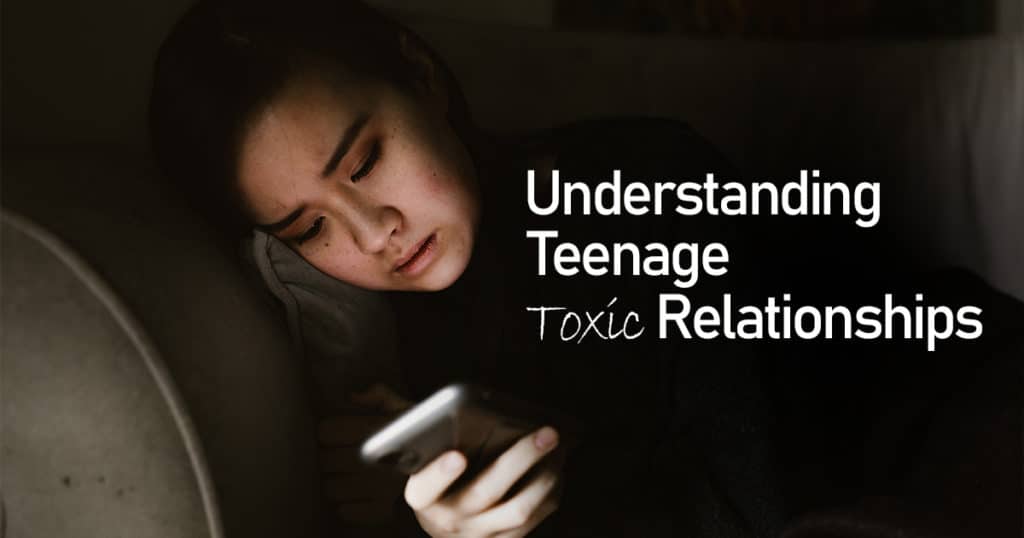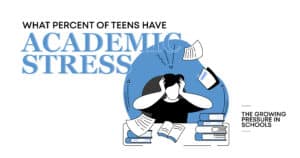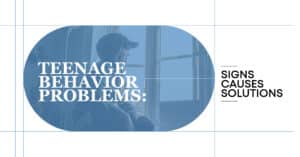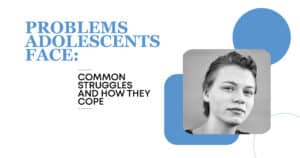It is reported that a third of high school students will experience physical or sexual violence from someone they are dating. As a teen, do you know how to identify the signs of a toxic romantic relationship and/or friendship? You may be feeling that something is wrong already. Escaping toxic relationships can be difficult. The first step is to know you are in toxic relationships and learn how to leave an abusive relationship.
The Characteristics of Healthy and Unhealthy Relationships
In toxic relationships, one partner is most commonly trying to overcontrol the other and exert force to override the feelings and individuality of their mate. If you notice that your partner displays some of these common signals to toxic relationships, it’s important to seek safety and help to leave an abusive relationship. Some of the things you may experience in your relationship could have various degrees of damage to your self-esteem and sense of self-worth.
If you may suspect you’re in a toxic relationship already, your partner could be exhibiting angry behavior towards you. Marked by a lack of honesty and disrespect, they may be dependent on you for their happiness and cause you to be dependent on them. If you are intimidated by how they may react, you could be feeling the threat of physical or sexual violence. Behavior in an abusive relationship may not be as apparent at first but could worsen over time. It’s important to notice the signs and be prepared to create a firm distance from them by establishing boundaries.
Remember, healthy relationships consist of respect for one another. Unhealthy relationships end up hurting and leaving big wounds. It’s important to know the difference, so you can stop participating in toxic relationships and compare it to what feels right. Some important aspects that characterize a healthy relationship are:
- Mutual respect – the two of you treat each other well and learn from each other’s differences
- Trust – the two of you give each other the benefit of the doubt and don’t let unfounded jealousy cause conflict
- Valuing each other – the two of you feel good about who you are to each other
- Good communication – honesty is key to your relationship.
- Fair fighting – there is no one resorting to violence. Instead, both partners make an effort to resolve conflicts peacefully.
- Self-confidence – you are comfortable with yourself, and the relationship does not tear down your self-esteem
- Compromise –neither one of you pressures each other into a sexual relationship if you are not ready.
Signs of Toxic Relationships
Knowing ways to notice if you are in a toxic, abusive relationship can strengthen your power to protect yourself. Placing healthy boundaries in your relationships and learning how to leave someone who doesn’t respect them can even save your life. Domestic violence is a very serious situation. Sometimes, an abusive partner doesn’t show themselves to be abusive until later in the relationship, as abusive tendencies deepen. Signs of a toxic relationship can be present if your partner is acting jealous and causing you to limit time with other friendships, as they try to exert a form of control over the way you spend your time and with who. Suppose they lack general respect for you or what you do and could be belittling you. In that case, that is a sign that they are indeed behaving from insecurity and jealousy that can lower self-esteem and possibly lead to violence.
The effort to leave an abusive relationship can be a huge struggle and is marked by a sense of enormous pressure. Notice the signs and seek help. It may be that parents giving ultimatums and punishment may not work for you at this stage, but don’t be afraid to talk about it with them. Parents need to feel out the dynamics of who they are with and know what is going on. Do not isolate yourself from the people who love you in favor of the controlling partner.
How to Leave an Abusive Relationship
Again, domestic violence is a serious matter and an unacceptable aspect to living in a relationship. Learn the signs and seek help in leaving. Putting distance between a controlling partner can be challenging. Safety has to be considered in the form of a plan and a connection to outside supporters who know what is happening. Safety planning can include a contact person that can help you, like a trusted friend or relation. Look to a therapist, employ the services of a hotline and follow their advice, and seek out healthier, non-toxic relationships that don’t require you to do or be something you are not.
The dynamics of toxic relationships in the teenage years are a signal for you to prevent them from continuing into adulthood. Don’t stay or expect your partner to change someday. Notice how they exhibit anger and seek support and care. Sometimes it is tempting to go back and forth between leaving. The statistics say it takes seven attempts to cut ties and leave an abusive relationship finally. Remember why you left and try not to fall back into denial. Don’t expect things to be suddenly different or that you can be the one to change your partner’s behavior.
Setting Healthy Boundaries
Boundaries are the single most important thing to be respected and put into place in any relationship. If you find that yours are not being recognized, it is important not to compromise your rights to respect and autonomy. Emotional boundaries in toxic relationships are usually notable when your partner is trying to change your mind, decisions, and opinions and force you to compromise yourself. There should be no one telling you how you should be feeling, no one who overrides your needs and feelings, and no one to succeed in pushing you past your limits. A healthy partner would be able to take responsibility for their own actions and happiness and not blame you.
Put yourself first. You matter. These toxic relationships may have hardened into dynamics where you find yourself appealing and referring to the other person first before consulting yourself. Don’t prioritize what matters to the abusive partner more than what is important for you, and take an honest look at when and why you may tend to ignore your own needs and feelings. Do not jump into another relationship right afterward, but give yourself time to heal and break the pattern.
Getting Help
Grow independent. Grow your self-esteem. Work on doing well in school and seek out healthier individuals to be friends with. Your parents may be trying to support you and protect you, so give them a chance and listen to the wisdom of people who have more experience.
To learn more about mental health treatment for teens in Southern California, call Hillside Horizon for Teens at 855-746-8378.





